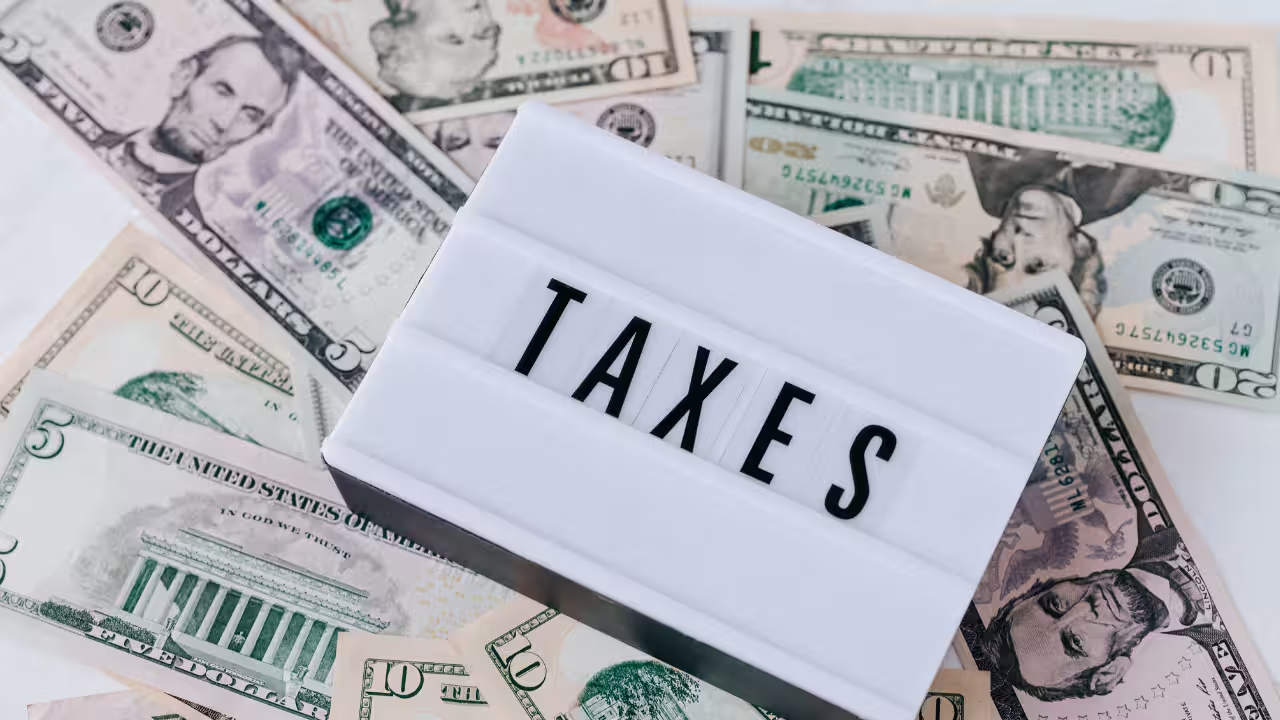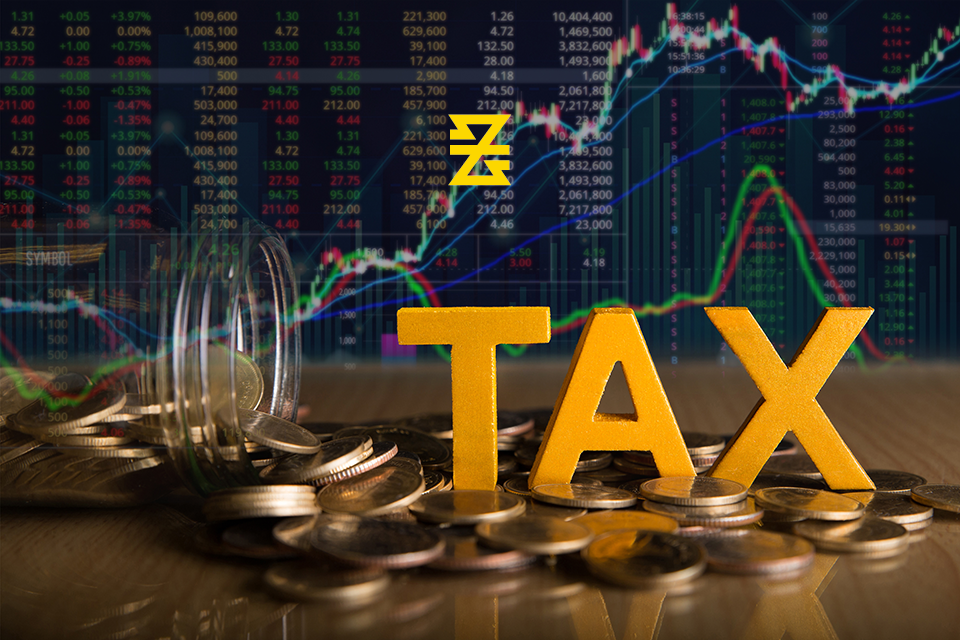Tax considerations for forex traders can be complex. Exchange-traders should research and understand their specific tax laws so as to plan effectively for their finances.
Avoiding taxes when investing in forex may seem appealing, but this strategy could cost more in the long run than expected.
Capital Gains Tax
Capital gains tax applies to any profit you earn when selling certain investments, such as shares in public companies, physical gold and precious metals, real estate property or digital collectibles. Capital gains taxes are determined based on the difference between what your sold it for and your original cost basis (which was recorded when purchasing).
Tax rates on long-term and short-term capital gains differ, with long-term assets often subject to lower taxes than assets held for less than one year – this provides investors an incentive to hold onto their investments over an extended period.
Capital gains tax must be paid if your taxable gains surpass your annual capital gains tax allowance. You may reduce these gains by offsetting them with investment losses up to an annual limit of $3,000, though losses must still be reported on Schedule D form.
Income Taxes
Professional traders knowledgeable about taxation may treat their forex earnings as income from a business and declare them on their taxes accordingly, which can have a substantial effect on reducing tax liabilities over time, thanks to higher deductions and reduced overall liabilities.
However, many traders who engage in Forex use their earnings to generate income that is subject to standard income tax rates in their country of residence. This form of capital gain income is known as trading profits.
Forex traders in the United States have two options for filing their taxes: Section 1256 or 988. Each has its own advantages and disadvantages depending on factors like trading history, tax bracket and other considerations; 1256 may offer advantages to higher tax bracket investors as it allows them to offset capital gains with losses at an attractive 60/40 ratio.
Taxes in Other Countries
One thing is universal across most nations in the world – taxes. Tax implications play a vital role when investing or trading forex; therefore it’s vital that traders have a firm grasp on how they might be taxed as traders.
As a trader, your capital gains could be subject to tax. That is, when you close a position for greater than initially invested value and realize a profit, this amount may be considered taxable in most countries; although some trading markets might exempt traders from having to pay this tax.
Spread betting accounts in the UK don’t require traders to pay any taxes on their profits, while Germany provides small traders with opportunities to make up to 1000 GBP without incurring taxes annually. Therefore, keeping track of exchange rates and earnings can help to prevent unpleasant surprises when filing taxes.
Tax Treaties
Forex trading taxes vary by jurisdiction and can be complex. To stay compliant, traders should do their research on tax rates and regulations for trading in their country of residence and keep meticulous records. Consulting a professional accountant or tax advisor may help ensure accurate tax calculations while taking full advantage of available deductions and credits.
Forex trading in the US can either be taxed as regular commodities 1256 contracts or under special rules set forth by IRC section 988 for currencies. Trades conducted under section 988 should be reported using Form 6781 and begin with ordinary loss or profit treatment – losses under this heading can offset wage and other income and don’t count against their $3,000 limit, unlike losses on regular commodities 1256 contracts.
However, some traders attempt to exploit the system by not reporting their profits or paying taxes when due. Doing this can have serious repercussions as the IRS may impose penalties that far outstrip what they owe in taxes.











More Stories
Common Tax Mistakes to Avoid When Filing Your Returns
Do You Pay Taxes on Forex Profits?
The Best Crypto Tax Software